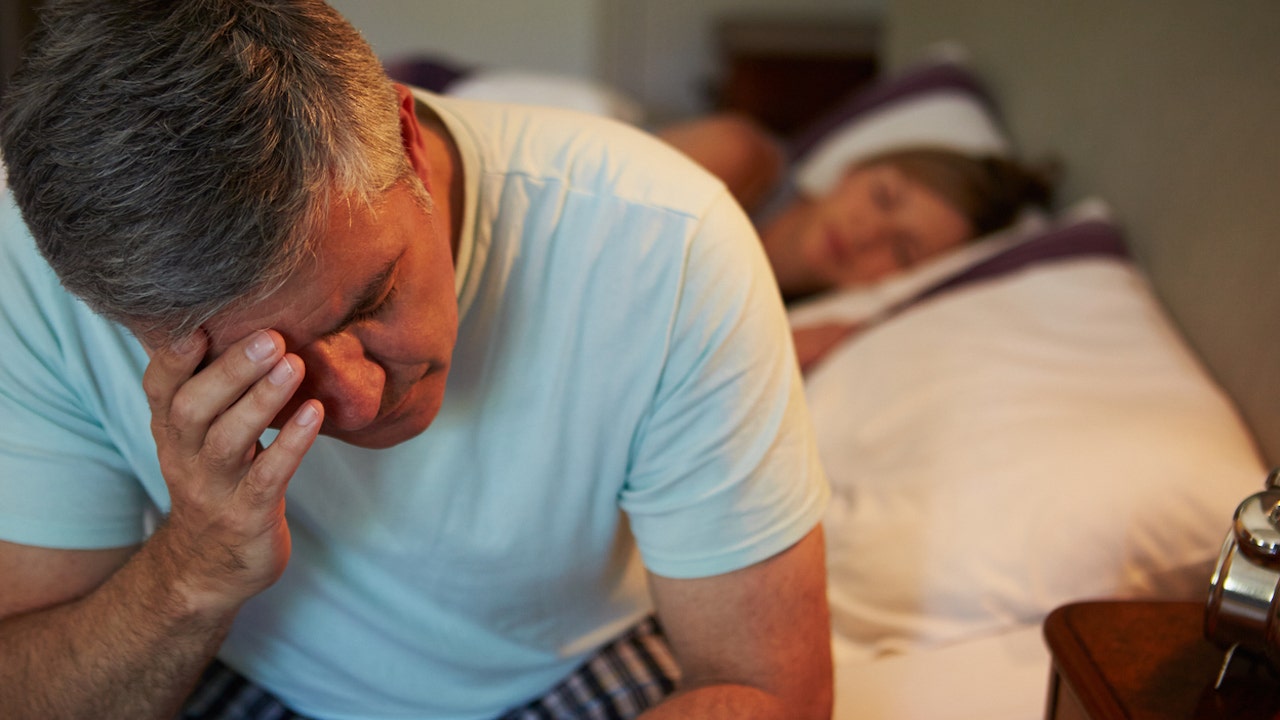Sleep expert explains why most Americans wake up during the night

Sleep is essential for overall health, but many people struggle to get quality slumber. In a recent survey conducted by U.S. News, thousands of Americans shared their sleep habits, revealing some concerning trends. While the National Institutes of Health recommends seven to nine hours of sleep each night, a staggering 58% of respondents reported only getting six to seven hours. Even more alarming, one in five Americans admitted to getting a mere four to five hours of sleep each night.
The survey also shed light on the fact that 25% of participants rely on over-the-counter or prescription sleep aids to help them drift off. Additionally, a whopping 89% of U.S. adults reported waking up regularly during the night, with more than one in three stating that they frequently experience interrupted sleep patterns.
Sleep expert Wendy Troxel, PhD, offered some insights into why so many Americans struggle with getting a full night’s rest. Factors such as stress, chronic pain, and underlying sleep disorders like sleep apnea or insomnia can all contribute to sleep disturbances. Environmental elements, such as pollution and fluctuating temperatures, can also impact sleep quality. Troxel explained that temperature plays a crucial role in regulating the circadian rhythm, with cooler environments promoting deeper and more restful sleep. To create an optimal sleeping environment, she recommended keeping the room temperature between 65 and 68 degrees Fahrenheit, using breathable bedding, and investing in temperature-regulating mattresses or pads.
Menopause was identified as a significant factor in sleep disruptions, affecting around 60% of women during this life stage. Hormonal fluctuations can impact thermoregulation and lead to restless nights. To combat waking up in the middle of the night, Troxel suggested practicing stimulus control by engaging in calming activities outside of bed, such as reading or gentle stretching. This helps break the cycle of frustration and anxiety associated with being awake in bed.
She also advised against checking the clock in the wee hours of the morning, as this can exacerbate stress and hinder the ability to fall back asleep. By implementing these strategies and creating a comfortable sleep environment, individuals can improve their chances of achieving restful and uninterrupted sleep.
Ensuring that we prioritize sleep and address any underlying issues that may be impacting our sleep quality is crucial for overall health and well-being. By making small adjustments to our sleep habits and environment, we can work towards achieving the recommended seven to nine hours of rest each night and reap the numerous health benefits that come with it.




